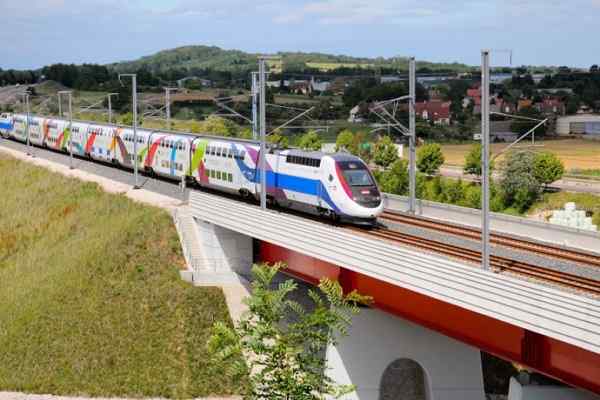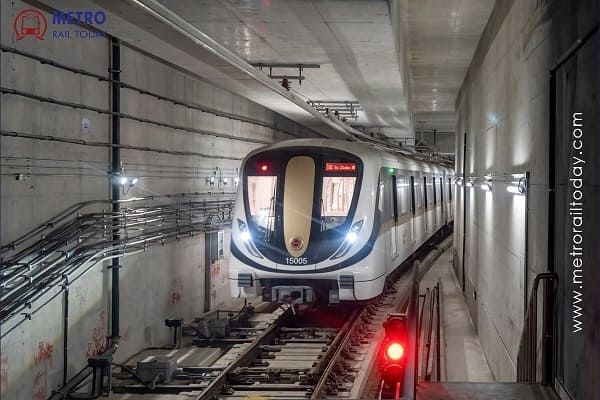 SYSTRA appointed Design Consultant for Patna Metro Underground Corridors
SYSTRA appointed Design Consultant for Patna Metro Underground Corridors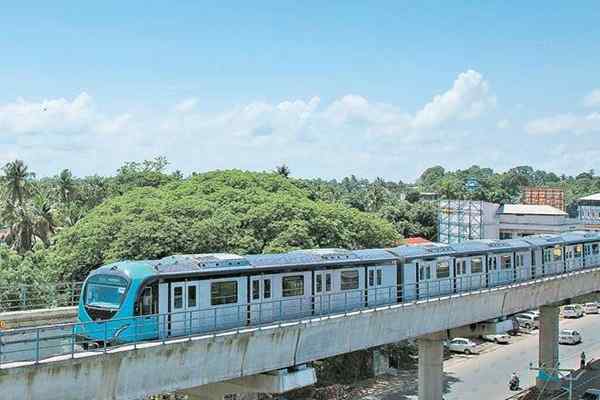 Kochi Metro Phase 2 Pink Line likely to miss June deadline due to funding issue
Kochi Metro Phase 2 Pink Line likely to miss June deadline due to funding issue Saudi Arabia restarted work on Jeddah Metro Rail Project under Saudi Vision 2030
Saudi Arabia restarted work on Jeddah Metro Rail Project under Saudi Vision 2030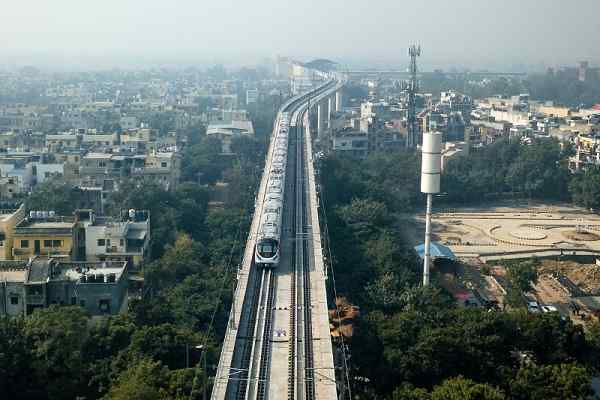 Delhi Govt releases funds for remaining Delhi Metro Phase IV Corridors
Delhi Govt releases funds for remaining Delhi Metro Phase IV Corridors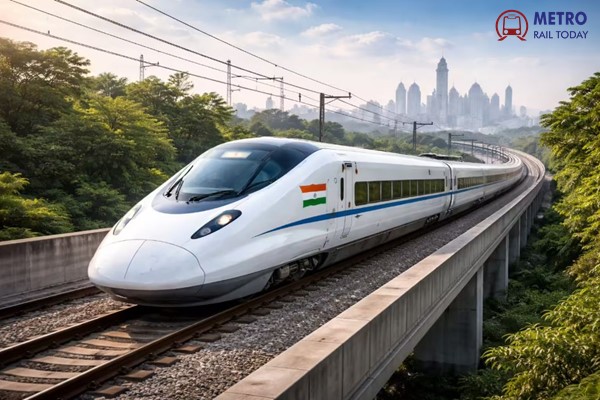 Italcertifer SpA appointed ISA for Mumbai-Ahmedabad High Speed Bullet Train Project
Italcertifer SpA appointed ISA for Mumbai-Ahmedabad High Speed Bullet Train Project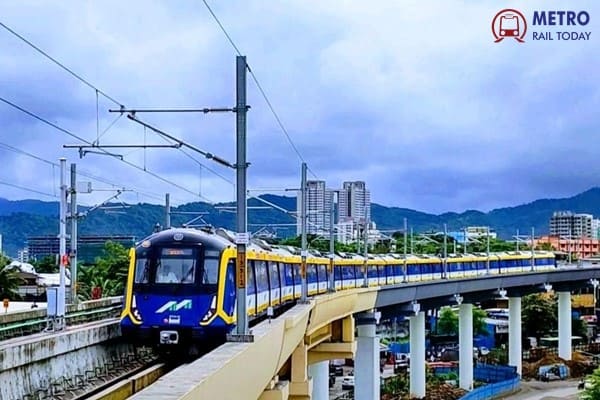 Univastu India Bags ₹391.76 Crore E&M Contract for Mumbai Metro Line 4 & 4A
Univastu India Bags ₹391.76 Crore E&M Contract for Mumbai Metro Line 4 & 4A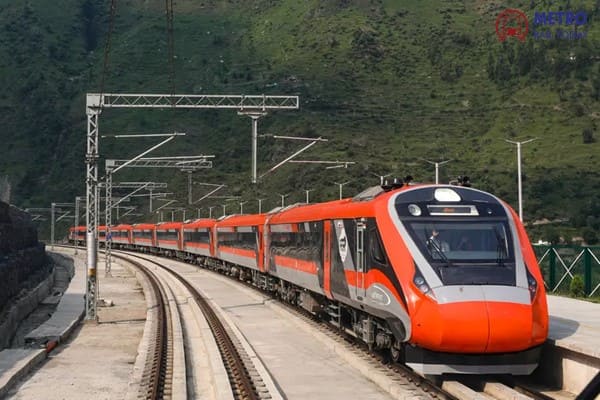 Prime Minister Narendra Modi Flags Off India's First Vande Bharat Sleeper Train
Prime Minister Narendra Modi Flags Off India's First Vande Bharat Sleeper Train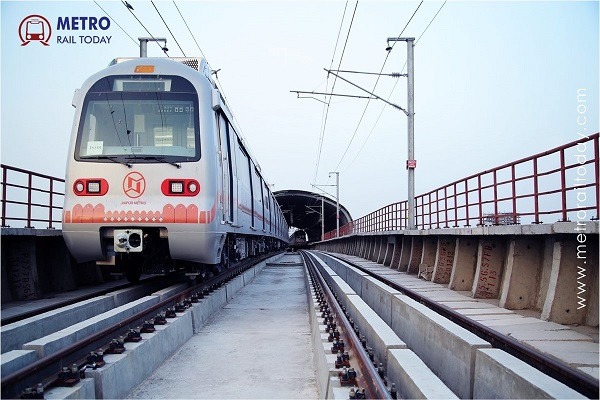 Ceigall - SAM India JV Wins ₹918 Crore Civil Contract for Jaipur Metro Phase 2
Ceigall - SAM India JV Wins ₹918 Crore Civil Contract for Jaipur Metro Phase 2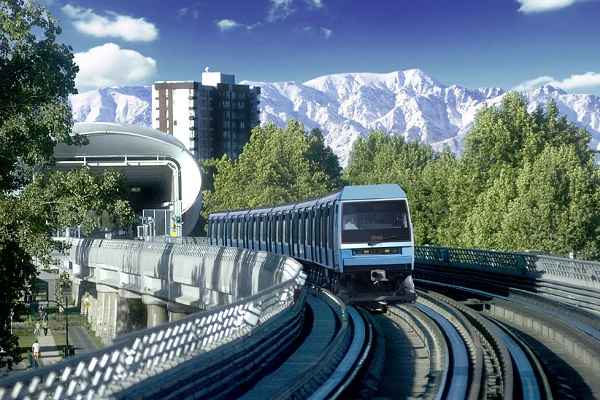 Webuild Bags €776 Million Contract for Rome Metro Line C Section T1
Webuild Bags €776 Million Contract for Rome Metro Line C Section T1 From Paper to Platform: How Mumbai Metro’s Digital Ticketing Is Redefining Urban Mobility?
From Paper to Platform: How Mumbai Metro’s Digital Ticketing Is Redefining Urban Mobility?
RDSO and IIT Madras join hands to develop Centre of Excellence for Hyperloop Technology
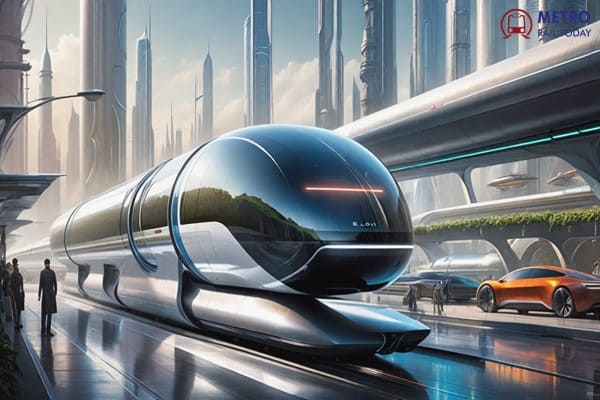
New Delhi, India (Metro Rail Today): In a landmark move, the Research Designs and Standards Organisation (RDSO), a unit under the Ministry of Railways, has teamed up with IIT Madras to establish a Centre of Excellence for Hyperloop Technology. The collaboration, supported by a funding of ₹20.89 crore, aims to propel India to the forefront of next-generation transportation, focusing on the development of a subscale model, test track, and vacuum tube. This initiative marks a significant step toward sustainable, high-speed travel and positions India as a key player in the global hyperloop ecosystem.
The Ministry of Railways, through RDSO, has signed a Memorandum of Understanding (MoU) with IIT Madras to accelerate the development of Hyperloop technology, a revolutionary mobility solution that promises ultra-high-speed travel. With the allocated ₹20.89 crore, the Centre of Excellence will focus on the design and testing of key elements, including the hyperloop pod, test track, and vacuum tube—all essential components for making hyperloop a reality in India.
IIT Madras has been a leader in hyperloop research for over seven years, contributing significantly to the global push for this innovative transportation technology. The Discovery Campus of IIT Madras currently houses the longest operational hyperloop test track in India, measuring 422 meters. Additionally, the institution recently hosted Asia’s first Global Hyperloop Competition, further showcasing India’s leadership in hyperloop innovation, with strong support from the Ministry of Railways.
One of the exciting outcomes of this collaboration is the involvement of TuTr Hyperloop, a deep-tech startup incubated at IIT Madras. TuTr Hyperloop is set to launch the world’s first commercial hyperloop-based project in India. The initiative aligns with national missions like Atmanirbhar Bharat (self-reliant India) and Viksit Bharat 2047 (developed India by 2047), underscoring India’s commitment to homegrown innovation in advanced transportation technologies.
Hyperloop, which represents the fifth mode of transport, is capable of reaching speeds beyond 1,000 km/h, using a near-vacuum tube to drastically reduce air resistance. First proposed by Elon Musk in 2013, hyperloop technology aims to transform the future of travel by offering faster, cleaner, and more energy-efficient solutions. It is expected to revolutionize the way we think about high-speed, long-distance transportation.
The partnership between Indian Railways and IIT Madras marks a pivotal moment in the country’s journey toward advanced, sustainable transportation solutions. With strong research backing, strategic collaborations, and a clear funding commitment, India is well-positioned to play a critical role in the global hyperloop race. This venture aligns with the vision of Viksit Bharat 2047, propelling India towards becoming a hub of next-gen, high-speed mobility technologies.





